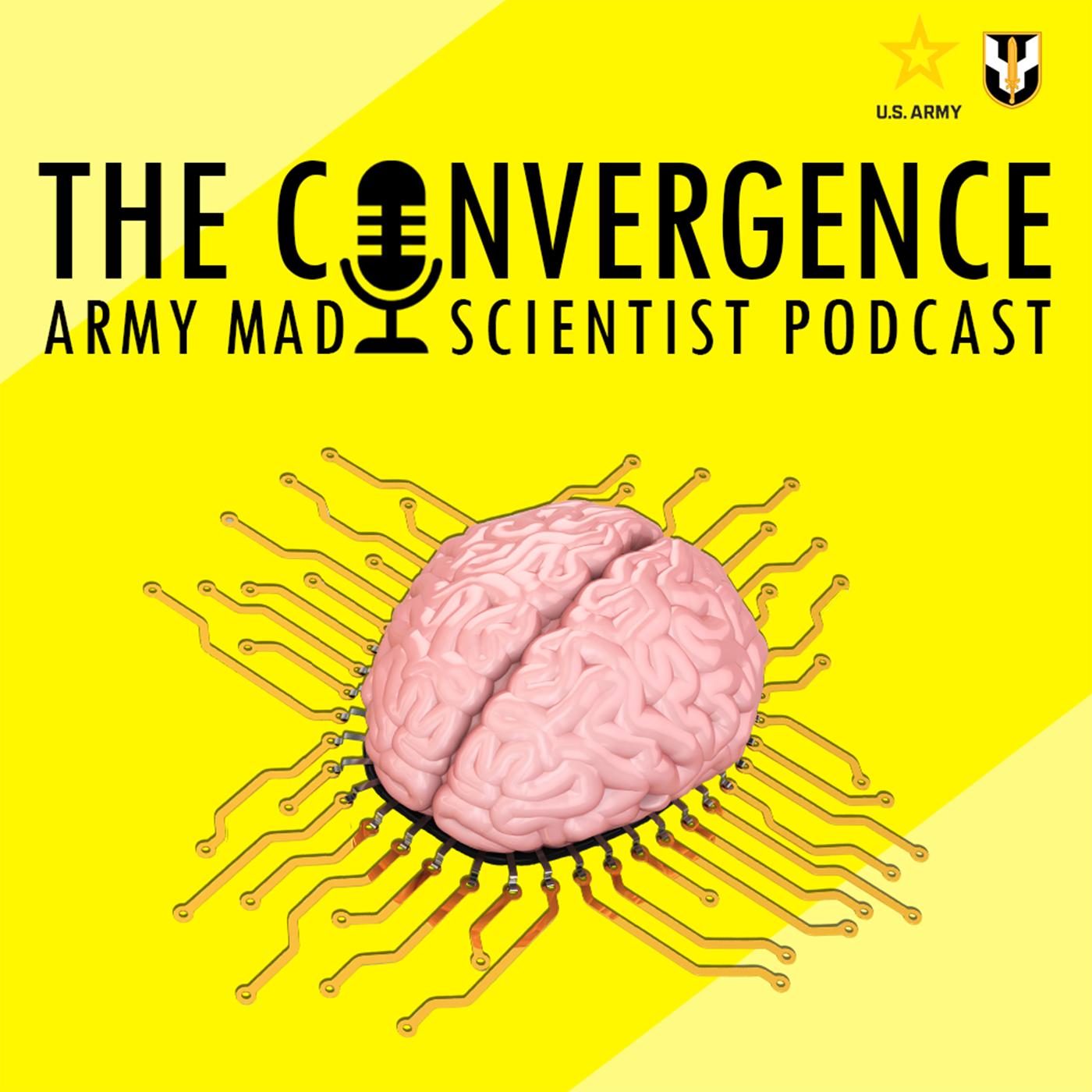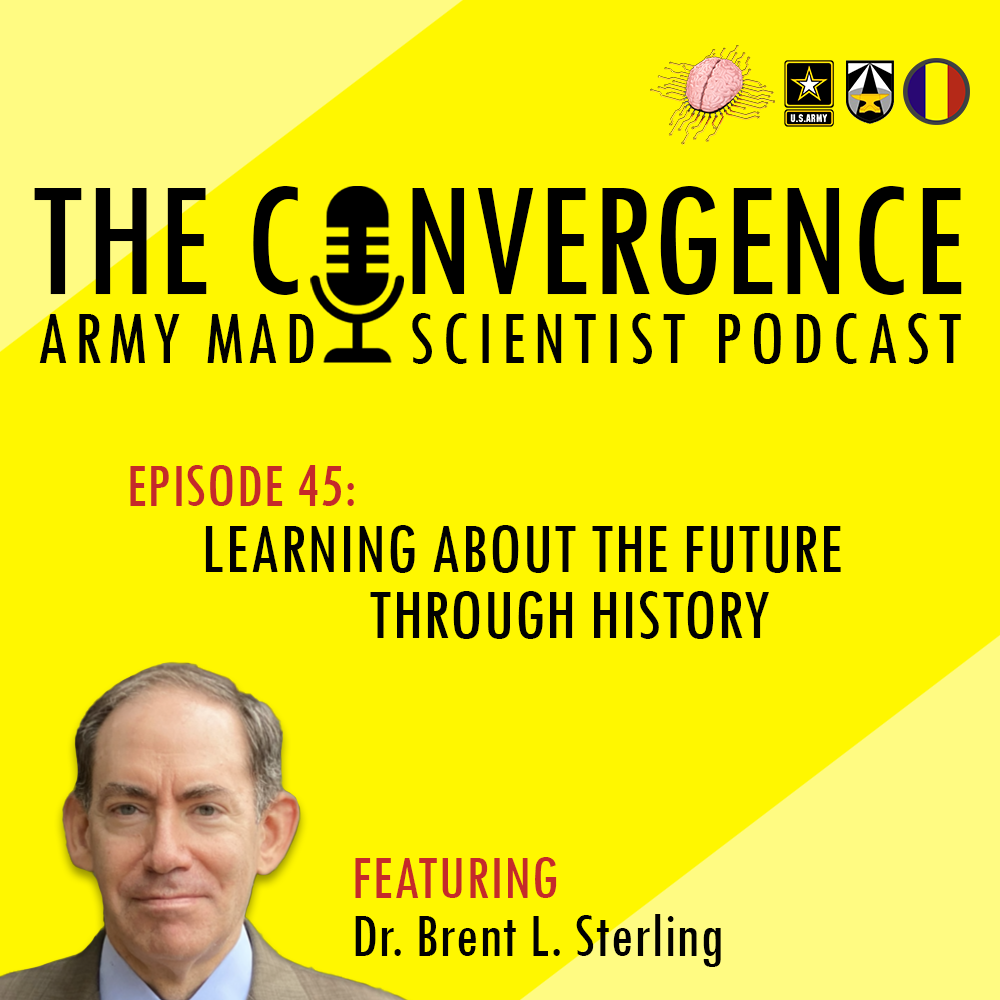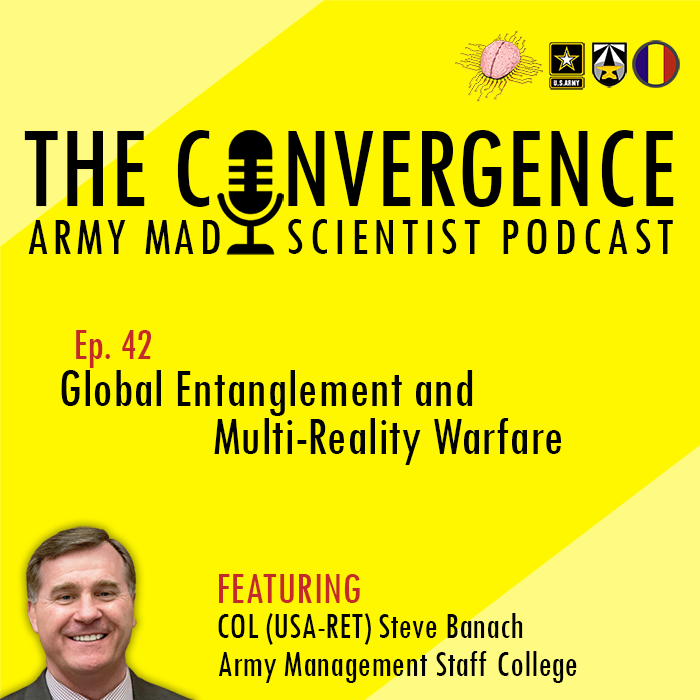[Editor’s Note: In recent weeks, Mad Scientist Laboratory has featured a number of podcasts and associated blog posts exploring the democratization of Artificial Intelligence (AI) and its potential ramifications for Warfighters and the Operational Environment (OE). From generating better proposals from a broader array of defense contractors, exploring the future of warfare and OE trends, the convergence of neuroscience and AI, and the future of learning through emerging technologies — large language models (e.g., Open AI‘s ChatGPT) can augment how we learn, work, create, and — most importantly to the U.S. Army — compete and fight.
Imagine a not-too-distant future when all of our Military Leaders (from platoon to echelons above corps) are able to harness the comprehensive thoughts and insights of the world’s military theorists and tacticians, from antiquity to the present, via a personal AI digital assistant — or as proclaimed Mad Scientist Juliane Gallina so eloquently stated — a “Patton in the Pocket.” Human-machine teaming has the potential to enable future Commanders to focus on the battle at hand with coup d’œil, or the “stroke of an eye,” maintaining situational awareness and processing inputs, generating potential courses of action, and down selecting the best way ahead — tailored to specific mission objectives and conditions at the bleeding edge of the fight — all at machine speed. Sustained Soldier overmatch indeed!
The application of Soldier-enhancing human-machine teaming isn’t limited to tactical applications, however. In today’s episode of The Convergence podcast, we interview LtCol Joe Buffamante, USMC, about his experience in applying human-machine teaming to support Professional Military Education (PME), leveraging large language models as effective learning support tools, and establishing and maintaining trust in AI applications — Enjoy!]
LtCol Joe Buffamante is a native of Great Valley, New York, and graduated from Miami (Ohio) University, receiving his commission in the United States Marine Corps in May 2003. Upon completion of The Basic School, he was designated an Armor Officer and graduated from the Armor Officer Basic Course in May 2004. He has commanded USMC units in combat tours to both Iraq and Afghanistan, and has served as a maneuver and fire support team instructor at 29 Palms, California. LtCol Buffamante assumed the duties as Chief of Readiness for Joint Task Force Civil Support (JTF-CS), Ft. Eustis, Virginia, in 2014, ultimately serving as the training chief for current operations where he was responsible for training all Joint Operations Center personnel. Following completion of this Joint assignment, LtCol Buffamante attended the Naval War College in Newport, Rhode Island, earning a Master’s Degree in Defense and Strategic Studies. He also attended the Maritime Advanced Warfighting School (MAWS) and received the additional MOS of 0505 (MAGTF Planner). LtCol Buffamante is currently a student at the United States Army War College (AWC) in Carlisle, Pennsylvania.
Army Mad Scientist sat down with LtCol Buffamante to discuss his experience in applying human-machine teaming to support PME, leveraging large language models as effective learning support tools, and establishing and maintaining trust in AI applications. The following bullet points highlight key insights from our conversation:
• As a student at the AWC, LtCol Buffamante, along with Dr. Billy Barry, used a large language model as a learning support tool to explore the effectiveness of human-machine teaming research, specifically the effectiveness of the system itself and in collaboration with a human vice a human alone.
• LtCol Buffamante employed the system to assist in answering research questions related to his coursework. He coordinated with his professors to hand in three products for each assignment – AI produced, AI and human produced, and human produced – without his professors knowing who the author was.
• The AI-Human team produced the highest quality products — better than AI or human alone — and received the best grades from AWC professors. This further supports the centaur theory that AI alone may not be as transformative as we think and the need for a human agent to steer the system and add context is still apparent.
• There were some drawbacks to AI-Human teaming noted by LtCol Buffamante:
• In its current state, the large language model used is not accessible remotely. If students want to use it, they must be physically in the room with the system.
• Trust is still an issue. Users are unsure where the system gets its information, and are therefore less trusting of the answers provided.
• The machine relies on a corpus of pre-screened information and cannot listen to or follow an active conversation. Relying solely on historical data precludes it from providing decision support in certain time-sensitive or dynamic environments.
• The future of this technology will be tailorable, customizable, and based on a dynamic corpus of data. The system could also be tailored to respond to queries from the perspective of a U.S. Army G3 or a PLA G3. Specialization, vice generality is where these systems add value to existing Army processes and functions.
Stay tuned to the Mad Scientist Laboratory for our next episode of The Convergence podcast on 17 August 2023, featuring our discussion with frequent guest blogger LTC Nathan Colvin on game theory and how it can provide insights into the pitfalls of mirror imaging our rationality and morality onto foreign leaders’ decision making processes.

The character of warfare has consistently changed over time, with technology evolving from edged weapons, bows and arrows, gunpowder, and battlefield mechanization, to more...

Brent L. Sterling has been an adjunct lecturer at the Edmund A. Walsh School of Foreign Service at Georgetown University for the past twenty...

COL Stefan Banach (USA-Ret.) is a Distinguished Member of the 75th Ranger Regiment and served in that organization for nine years, culminating with command...